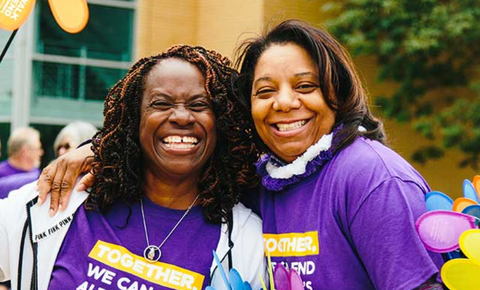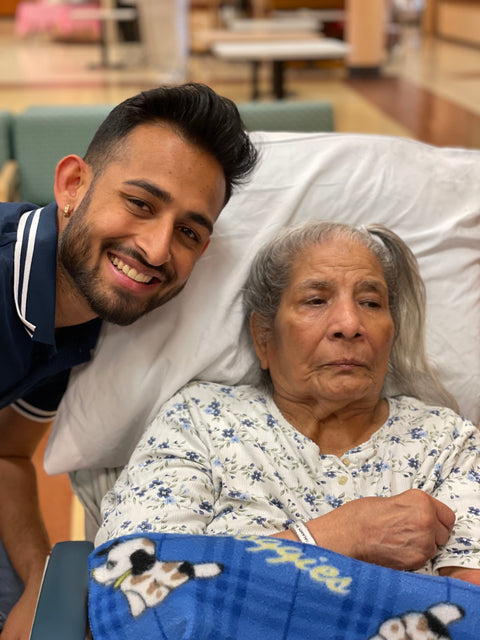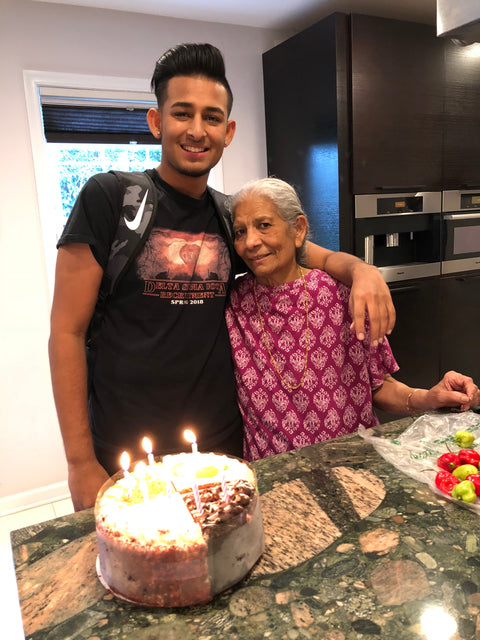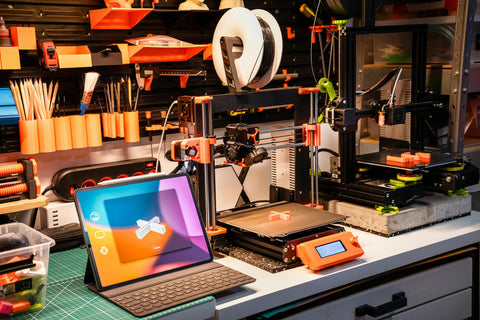Alzheimer's Disease
"Researchers have found many genes that increase the risk of Alzheimer’s. In fact, in 2022 researchers identified 31 new genes that appear to affect biological processes known to be at play in Alzheimer’s disease."
"Alzheimer’s is the most common cause of dementia, accounting for an estimated 60% to 80% of cases. Most individuals also have the brain changes of one or more other causes of dementia."
"About 1 in 9 people (10.8%) age 65 and older has Alzheimer’s dementia"
"A family history of Alzheimer’s is not necessary for an individual to develop the disease. However, individuals who have or had a parent or sibling (first-degree relative) with Alzheimer’s are more likely to develop the disease than those who do not have a first-degree relative with Alzheimer’s."
"People younger than 65 can also develop Alzheimer’s dementia. Although prevalence studies of younger- onset dementia in the United States are limited, researchers believe about 110 of every 100,000 people ages 30-64 years, or about 200,000 Americans in total, have younger-onset dementia."
"Of the 6.7 million people
age 65 and older with Alzheimer’s dementia in the United States, 4.1 million are women and 2.6 million are men. This represents 12% of women and 9% of men age 65 and older in the United States."
"The percentage of people with Alzheimer’s dementia increases with age: 5.0% of people age 65 to 74,
13.1% of people age 75 to 84, and 33.3% of people
age 85 and older have Alzheimer’s dementia."
"An estimated 6.7 million Americans age 65 and older
are living with Alzheimer’s dementia in 2023. Seventy-three percent are age 75 or older"
"Study found that the estimated lifetime risk for Alzheimer’s dementia at age 45 was approximately 1 in 5 (20%) for women and 1 in 10 (10%) for men. The risks for both sexes were slightly higher at age 65."
"Almost two-thirds of Americans with Alzheimer’s dementia are women."



Why We NEE3D Printing
Print, donate, saveWe donate in one key area because we believe that together, we can help focus our resources to solve this issue. This dedication has led us to concentrate our efforts on a cause close to our hearts: the fight against Alzheimer's disease. By channeling our support here, we aim to make a significant impact in the battle against this challenging condition, contributing to research, care, and ultimately, a cure.
Ways to DonateSupporting the fight against Alzheimer's disease has never been easier or more rewarding. Here are two impactful ways you can contribute:
- Purchase a 3D Print: Dive into the world of creativity with our unique range of 3D prints. For every purchase you make, 30% of the sale is directly donated to the Alzheimer's Association. Not only do you get a beautiful piece of art or utility, but you also contribute to a noble cause. It's a win-win!
- Direct Donation: If you prefer to make a more direct impact, consider donating directly to the Alzheimer's Association through our platform. Every penny counts, and your direct donation helps fund critical research, support, and care efforts for those affected by Alzheimer's.
Choose the way that suits you best, or even better, do both! Your support makes a real difference in the lives of those battling Alzheimer's disease.
How You Can HelpJoin us in our mission to make a difference in the lives of those affected by Alzheimer's disease. There are several ways you can lend your support and help raise awareness:
- Attend Our Events: Throughout the year, we host various events aimed at supporting Alzheimer's awareness and fundraising. These events range from educational seminars to community gatherings and charity runs. Your participation not only contributes to the cause but also helps spread the word. Keep an eye on our events calendar and join us in making each event a success!
- Volunteer at Local Nursing Homes: One of the most rewarding ways to help is by volunteering your time at local nursing homes. Your presence and interaction can bring joy and comfort to those living with Alzheimer's. Whether it's through organizing activities, providing companionship, or simply lending an ear, your volunteer work can make a significant impact on their daily lives.
- Share Your Story: If you have a personal connection to Alzheimer's, consider writing a story about your experience with a loved one who has or had the disease. Sharing your story can be a powerful way to raise awareness and inspire others. We welcome these stories on our board, where they can touch the hearts of many and foster a deeper understanding of the impact of Alzheimer's.
Every action, big or small, contributes to a greater understanding and support for those affected by Alzheimer's disease. Join us in these efforts and help make a difference!



